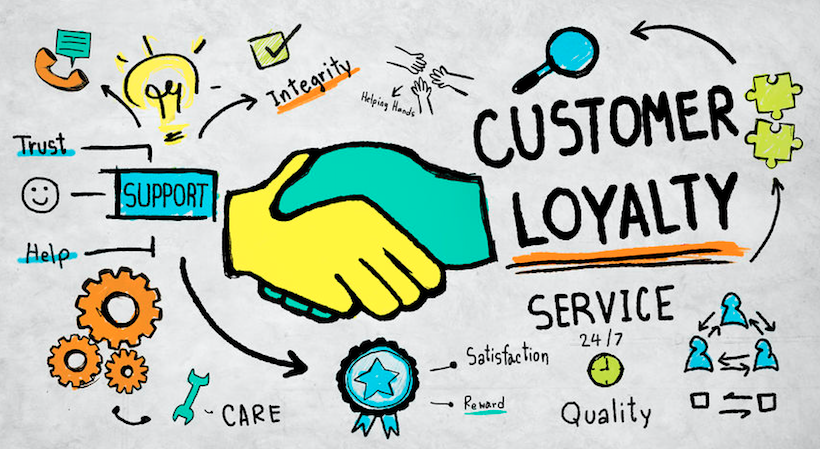Since the beginning of the COVID-19 pandemic in the U.S. in February of this year, an estimated 12 million people have likely lost the health insurance coverage that they would otherwise receive if they were currently employed, according to the Economic Policy Institute.
Researchers arrived at that figure by analyzing Bureau of Labor Statistics data and found that 6.2 million workers who previously received their health insurance coverage by way of their employment have now been laid off, and as a result, find themselves without coverage.
Tune in to this morning’s WJR Business Beat to hear more from Jeff:
StartupNation exclusive discounts and savings on Dell products and accessories: Learn more here
Tune in to News/Talk 760 AM WJR weekday mornings at 7:11 a.m. for the WJR Business Beat. Listeners outside of the Detroit area can listen live HERE.
Are you an entrepreneur with a great story to share? If so, contact us at [email protected] and we’ll feature you on an upcoming segment of the WJR Business Beat!
Good morning, Paul.
Since the beginning of the COVID-19 pandemic in the U.S. in February of this year, an estimated 12 million people have likely lost the health insurance coverage that they would otherwise receive if they were currently employed, that from a new paper from the Economic Policy Institute.
Researchers arrived at that figure by analyzing Bureau of Labor Statistics data and found that 6.2 million workers who previously received their health insurance coverage by way of their employment have now been laid off, and as a result, find themselves without coverage. And given that an average of two people are covered under one employer-sponsored health plan, think spouses or children, those 6.2 million people now uninsured translates to more than 12 million people without insurance coverage.
Now, some who have lost their employer-sponsored coverage have opted for coverage, alternatively, under a spouses or parent’s health plan, or even to pay for COBRA coverage themselves. Nonetheless, this is another sign of how the global pandemic is creating crisis on many fronts with the accelerating loss of healthcare coverage now another sign of the tough times likely ahead for many.
So, what do we do? At StartupNation, we believe that everyone should have a business of their own, whether they’re part-time or full-time, big or small, having one’s own business is another way to support oneself and family by bringing in either a supplemental or even primary income, rather than depending entirely on what used to be referred to as “job security.”
I’m Jeff Sloan, founder and CEO of StartupNation.com, and that’s today’s Business Beat on the Great Voice of the Great Lakes, WJR.






